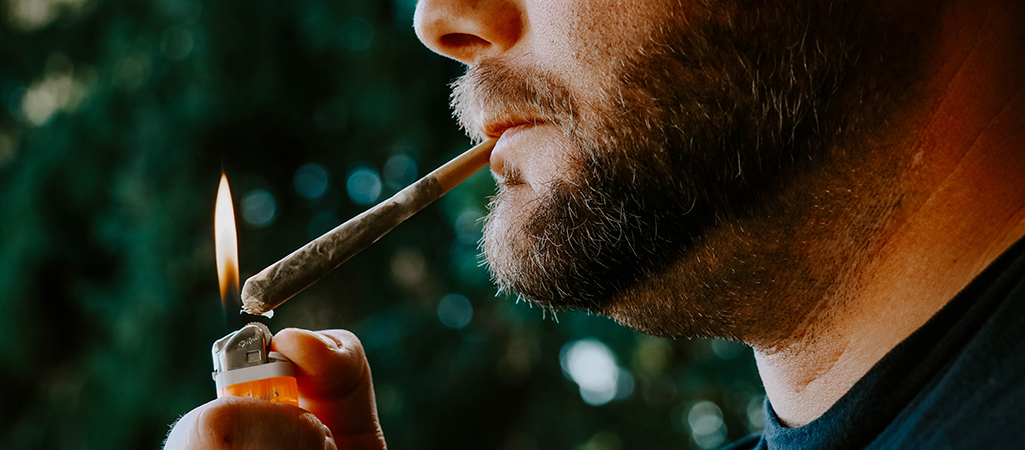
The Nation’s Capital joined Nevada and New York by passing legislation that would prohibit employers from punishing or firing employees who use marijuana or test positive for the drug.
The bill, called the Cannabis Employment Protections Amendment Act of 2022, was first introduced as Prohibition of Marijuana Testing Act of 2021 in February of 2021 by Councilmembers Trayon White, Charles Allen, Christina Henderson, Kenyan McDuffie, Brianne Nadeau and Robert White and is currently awaiting approval by Mayor Muriel Bowser. If signed into law, which is expected given the mayor’s support of cannabis reform, Washington D.C. will join the states of Nevada and New York, which also prohibit employers from refusing to hire those who use marijuana or test positive for the substance.
“New laws like these expanding into areas where cannabis, at the state level has been legal for some time, signal a sea change in public and government thinking about the once taboo substance,” said KMF LLP Senior Partner Roy Koletsky.
This is not a sweeping change providing carte blanche for everyone in the District to spark up and get high at work. The new laws do not impact those working in “safety sensitive” occupations like; health care professionals, security officers, police, construction workers and those who operate dangerous or heavy machinery. Federal and court employees are also excluded from the new laws in the District as well as New York and Nevada.
If adopted into law, employers will have 60 days to notify their workers of their rights and whether or not their position qualifies for protections under the new legislation. In the future, employers would also be required to do this annually and for each new hire. The bill also stipulates employers that violate the law could pay a fine of up to $5,000 in addition to the employee’s lost wages and attorney’s fees.
Weed remains a complicated thing in Washington, D.C. and often serves as a flashpoint for the ongoing fight between Conservative taboos and Progressive opportunism.
For those over the age of 21, medical cannabis has been legal in the District for more than a decade and recreational marijuana, and its possession in small amounts, has also been legal in since 2015.
However, Congress, which has authority over the District, has barred the commercialization of cannabis or marijuana in the city in every appropriations bill since the legalization measure passed eight years ago. The most recent ban was upheld in February.
Since 2014, the Senate has imposed what is known as a “rider” on the city’s appropriations bill, prohibiting the use of any public funds to implement or regulate adult-use cannabis sales in the District. Riders often have little-to-no relationship to the subject matter of the parent bill and are used as an often-criticized tactic to get a controversial bill passed that would not pass on its own.
The criminalization of cannabis has long been viewed in the District, as well as nationally, as disproportionately impacting minority populations and many advocating for commercialization see it as a conduit for economic revitalization. In addition to allowing public funds for commercialization, the appropriations bill in February also called for complete expungement of marijuana criminal convictions and designated a lion’s share of the generated revenue (proposed to be taxed at 17%) to be used for affordable housing and entrepreneurship programs.
Retailers in Washington, D.C. have still managed to sell pot through the practice of “gifting,” which includes the legal selling of a t-shirt, hat, or other product with a “gift” of weed. In April, the D.C. City Council rejected a proposal to crack down on those retailers and the federal government remains divided on political lines with Republicans united in objection.
Groups such as the Drug Policy Alliance and the American Civil Liberties Union have publicly lamented the situation, saying that Washington, D.C. “remains the only jurisdiction in the country that cannot regulate marijuana sales or fruitfully tap into the public health and safety benefits of legalization.”
With the political atmosphere in the District providing little hope for any federal action, the wide-spread public support has stoked the desire of municipalities around the country to find a way to capitalize on the bounty of unrecognized-tax-revenue source.